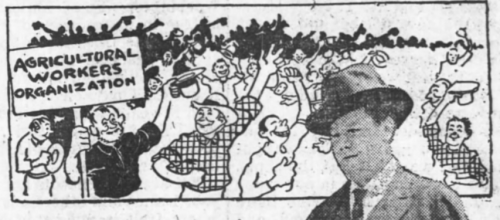the CIA Times as > than Hearst News Yellow Journalism
Submitted by wendy davis on Fri, 07/03/2020 - 11:01am‘The New York Times fabricates Russian murder plot’, 3 July 2020, Patrick Martin, wsws.org (w/permission to repost all content)
“Not since William Randolph Hearst cabled his correspondent in Havana in 1898 with the message, “You furnish the pictures and I’ll furnish the war,” has a newspaper been so thoroughly identified with an effort to provoke an American war as the New York Times this week.
The difference—and there is a colossal one—is that Hearst was fanning the flames for the Spanish-American War, a comparatively minor conflict, the first venture by American imperialism to seize territory overseas, in Cuba, Puerto Rico and the Philippines. The Times today is seeking to whip up a war fever directed against Russia, one that threatens to ignite a third world war fought with nuclear weapons.” [snip]



